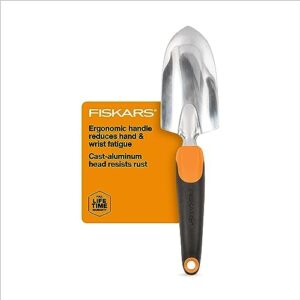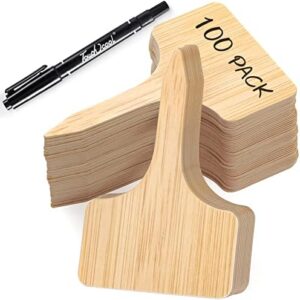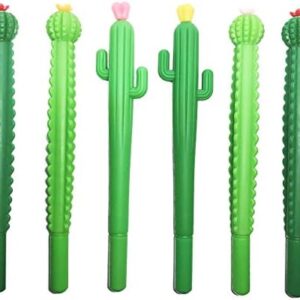Growing your own food can be a rewarding and fulfilling experience. Not only does it allow you to have access to fresh, organic produce right in your backyard, but it also gives you a sense of pride and accomplishment in knowing that you are able to sustain yourself and your family. However, successful edible gardening takes more than just throwing some seeds in the ground and watering them occasionally. To truly unlock the secrets of a flourishing edible garden, there are a few key tips and tricks to keep in mind.
First and foremost, it is essential to choose the right location for your edible garden. Most edible plants require at least six hours of sunlight per day to thrive, so be sure to select a spot in your yard that receives an adequate amount of sunlight. Additionally, make sure that the area has good drainage to prevent water from pooling around the plants and causing root rot. If you don’t have a suitable location in your yard, consider planting your edible garden in containers or raised beds to create the ideal growing conditions.
Once you have chosen a location for your edible garden, the next step is to prepare the soil. Healthy soil is the foundation of a successful garden, so take the time to amend your soil with compost or organic matter to improve its fertility and structure. You can also perform a soil test to determine the pH level and nutrient content of your soil, and adjust accordingly to create the best growing environment for your plants.
When it comes to selecting which plants to grow in your edible garden, consider your climate, soil type, and available space. Choose plants that are well-suited to your growing conditions and that you and your family enjoy eating. Some easy-to-grow options for beginners include tomatoes, peppers, herbs, and leafy greens like lettuce and kale. You can also experiment with more exotic or unusual varieties to add variety and interest to your garden.
Once you have planted your edible garden, it is important to provide regular care and maintenance to ensure that your plants thrive. Watering is a critical aspect of plant care, as most edible plants require consistent moisture to grow and produce a bountiful harvest. Be sure to water your garden deeply and evenly, and avoid overwatering or allowing the soil to dry out completely.
In addition to watering, it is essential to feed your plants with the nutrients they need to grow and thrive. Consider using organic fertilizers or compost to provide your plants with the essential nutrients they need to produce healthy, robust crops. You can also use mulch to help retain moisture in the soil, suppress weeds, and regulate soil temperature.
Pest and disease management is another important aspect of successful edible gardening. Keep an eye out for common pests like aphids, caterpillars, and snails, and take proactive measures to control them before they can damage your plants. You can use natural pest control methods like hand-picking, spraying with insecticidal soap, or introducing beneficial insects like ladybugs or praying mantises to keep pest populations in check. Additionally, keep an eye out for signs of disease like fungal infections or wilting, and take action promptly to prevent the spread of disease throughout your garden.
As your edible garden begins to flourish, it is important to harvest your crops regularly to encourage continued growth and production. Be sure to harvest your fruits and vegetables at the peak of ripeness for the best flavor and nutritional content. You can also preserve your harvest through canning, freezing, or drying to enjoy your homegrown produce throughout the year.
In conclusion, unlocking the secrets of successful edible gardening requires a combination of planning, preparation, care, and maintenance. By choosing the right location, preparing the soil, selecting the right plants, providing regular care and maintenance, and managing pests and diseases, you can create a flourishing edible garden that provides you with a bountiful harvest of fresh, organic produce. Whether you are a seasoned gardener or a beginner, growing your own food can be a rewarding and enjoyable experience that brings you closer to nature and provides you with a greater sense of self-sufficiency. So roll up your sleeves, grab your gardening tools, and get ready to unlock the secrets of successful edible gardening in your own backyard.






